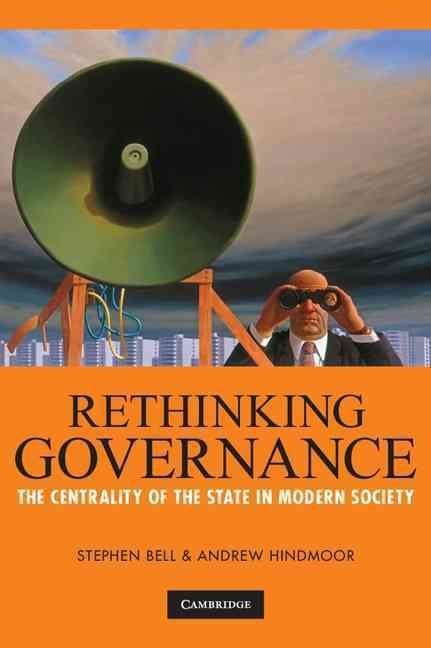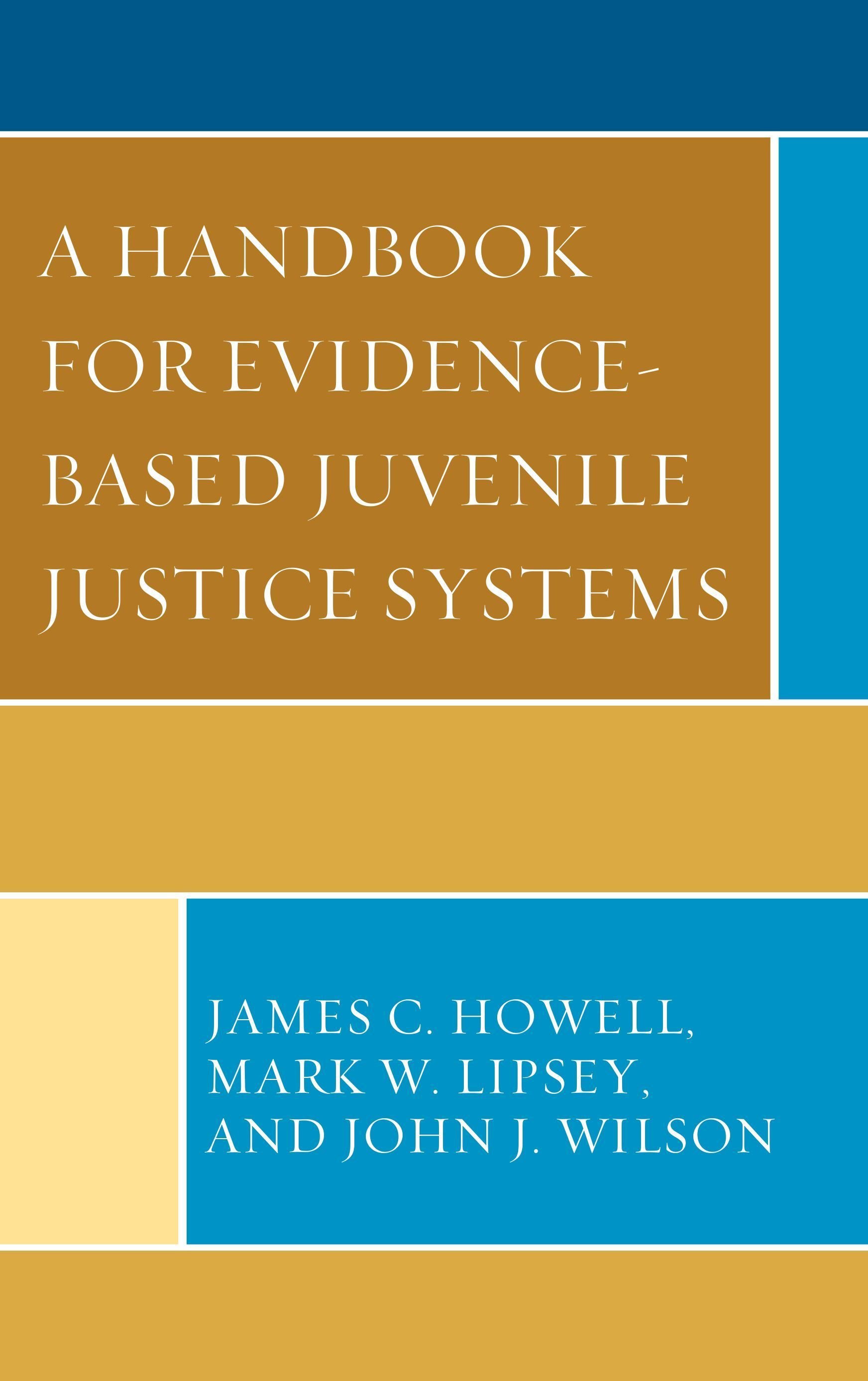Several problems plague contemporary thinking about governance. From the multiple definitions that are often vague and confusing, to the assumption that governance strategies, networks and markets represent attempts by weakening states to maintain control. Rethinking Governance questions this view and seeks to clarify how we understand governance. Arguing that it is best understood as ’the strategies used by governments to help govern’, the authors counter the view that governments have been decentred. They show that far from receding, states are in fact enhancing their capacity to govern by developing closer ties with non-government sectors. Identifying five ‘modes’ of government (governance through hierarchy, persuasion, markets and contracts, community engagement, and network associations), Stephen Bell and Andrew Hindmoor use practical examples to explore the strengths and limitations of each. In so doing, they demonstrate how modern states are using a mixture of governance modes to address specific policy problems. This book demonstrates why the argument that states are being ‘hollowed out’ is overblown. Rethinking Governance refocuses our attention on the central role played by governments in devising governance strategies.












